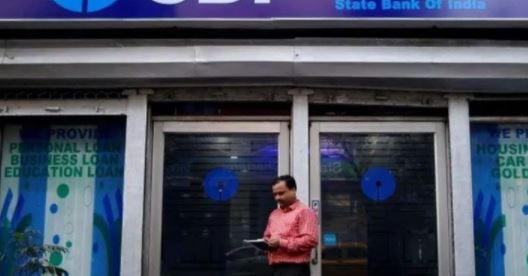Saving account rules- The Income Tax Department also keeps an eye on the cash kept in your savings account. Banks have to give information about cash deposited more than Rs 10 lakh to the Income Tax Department.
New Delhi. Today every person in the country has a bank account. There are many types of bank accounts. One of them is savings account. This is the account which is opened the most. People usually keep their savings in savings accounts. You can open as many savings accounts as you want. Not only this, there is no limit for depositing money in the savings account (Saving Account Limit). That is, you can deposit any amount of money in your savings account. There is no limit prescribed in Income Tax Act or banking regulations on depositing money in savings account.
Yes, it is certain that if you deposit more than Rs 10 lakh in cash in your savings account in a financial year, then the bank will definitely inform the Income Tax Department about it. According to Section 285BA of the Income Tax Act 1961, it has been made mandatory for banks to provide this information. The Income Tax Department can issue you a notice if the cash kept in the savings account does not match the information given in your ITR.
Tax has to be paid on interest
While filing ITR, the income taxpayer should also give information about the money deposited in his savings account. The interest you get from your savings account deposits is added to your income and income tax is charged on the interest. The bank deducts 10 percent TDS on interest. Tax deduction can also be availed on interest earned from savings account. According to Section 80TTA of the Income Tax Act, all persons can get tax exemption up to Rs 10,000.
If the interest earned on the money kept in the savings account is less than Rs 10,000, then tax will not have to be paid. Account holders above 60 years of age do not have to pay tax on interest up to Rs 50 thousand. If a person’s annual income, even after including the interest earned from the savings account, is not sufficient to become a tax liability, then he can get a refund of the TDS deducted by the bank by submitting Form 15G.


